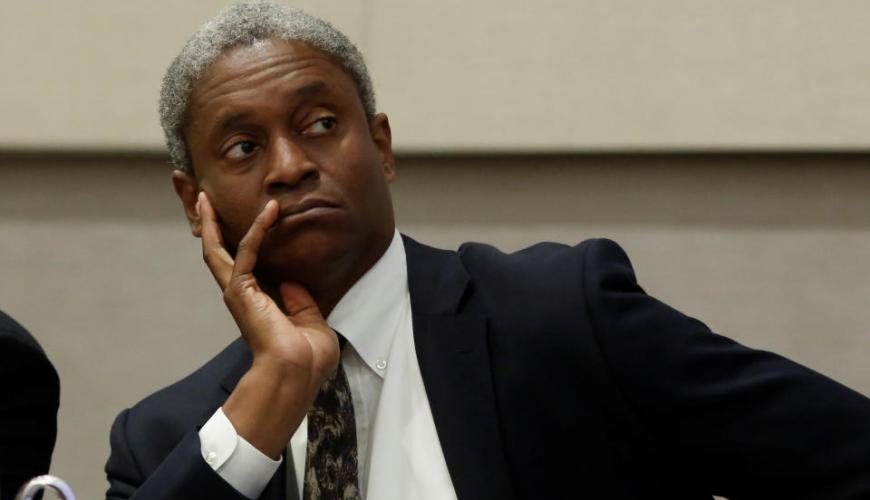Federal Reserve Officials Exercise Caution Over Rapid Interest Rate Cuts
- 22 February 2024 2:00 AM

The minutes released from the last Federal Reserve policy meeting on January 31st revealed the concerns of most officials about the potential ramifications of hasty rate cuts. The minutes provide a deeper understanding of the Federal Reserve's decision to hold the benchmark interest rate steady, keeping it at its highest level since 2001 as part of an aggressive approach to moderate inflation.
The discussion was primarily focused on the search for clear evidence that inflation is reverting to the desired 2% target. Participating officials underscored the uncertainty surrounding the extent to which a restrictive monetary policy would need to be upheld. They also highlighted their concerns about quickly easing policies before fully evaluating the incoming data to determine if inflation was sustainably dropping to 2%.
The released minutes suggested that Federal Reserve officials believed substantial progress had been made on managing inflation. They anticipated a further gradual reduction in core non-housing services inflation linked to a better balanced labor market and moderated wage growth.
Despite the progress, officials noted that inflation was still exceeding the targeted level, necessitating a prudent assessment of whether it would sustainably drop to 2%. Numerous officials showed concern over the potential for less restrictive financial conditions, which could possibly impede inflation progress.
Subsequent to these discussions, the economy and inflation reports showed results exceeding expectations. The Labor Department's report released on Friday indicated that the Producer Price Index (tracking the prices businesses pay for manufacturing products and services) had surpassed December to January forecasts.
Adding to the concern, the Consumer Price Index in January was higher than economists predicted. Consequently, Federal Reserve Chair Jerome Powell and fellow Fed officials have been advocating for cautious rate-cutting, disappointing investors hoping for earlier cuts.
Boston Federal Reserve President Susan Collins and Cleveland Federal Reserve President Loretta Mester suggested potential cuts later in the year. Atlanta Federal Reserve President Raphael Bostic forecasted the earliest cuts for the third quarter. Subsequently, expectations for the first interest rate cut are now set for June.
Richmond Federal Reserve President Tom Barkin stated in an interview that the new consumer and wholesale price reports "made things harder". These reports indicated that large numbers of job gains were concentrated in specific sectors, indicating potential future risks for employment.
However, the minutes showed members believed that the risks linked to reducing inflation while maintaining full employment were balancing out. Also discussed on January 31st was the Fed's quantitative tightening program, the process of allowing Treasuries and mortgage-backed securities to mature and roll off its balance sheet.
Members felt it would be wise to delay the pace at which securities mature given the uncertainty around ample reserves estimates. This delay would allow a smoother transition to eventually stop the roll-offs. A small number of members suggested that balance sheet runoff could continue even after the interest rate begins falling.
